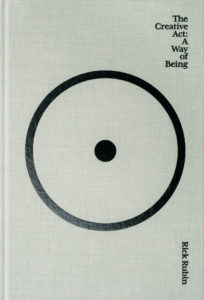By Charles Foster
Image: Easter on Santorini: Georgios Michos, CC BY-SA 4.0 <https://creativecommons.org/licenses/by-sa/4.0>, via Wikimedia Commons: Link to image here.
I spent Orthodox Easter in Greece. Then, and for the week afterwards, the neon displays over the main roads announced ‘Christ is Risen’, and the shopkeepers wished me a ‘Good Resurrection’.
This piety isn’t reserved for Easter. Almost everyone wears a cross around their neck. Drivers, without interrupting the high volume argument with their passengers, cross themselves when they pass a church.
‘Superstition, not true religion’, sneers the ardent Protestant – for whom, drawing on a Puritan tradition, diligent examination of conscience and the deliberate orientation of the will towards God are the only completely acceptable mental states. The professional philosopher typically agrees: what is philosophy, these days, other than the disciplined examination of propositions and reasons – and of course disciplined examination demands strenuous, conscious attention.
But I’m not so sure. Religion is part of the web and weave of these Greeks: a way primarily of being, and only secondarily of doing, and often not at all of thinking, in the sense that philosophers typically mean by ‘thinking’. It’s a reflex – or at the root of a reflex – which has ethical consequences. If one sees the right result (rather than the means to that result) as the most important thing about ethics, a reflex which produces the right result fast, invariably and unconsciously might be preferable to a process of highly cognitive deliberation which could be derailed before it produces the ethically appropriate end. And if what matters is general moral character, who is more praiseworthy: someone who is constitutionally altruistic (for instance), or someone who decides on a case by case basis whether or not to be altruistic?Read More »In Praise of Unthinking National Religion




